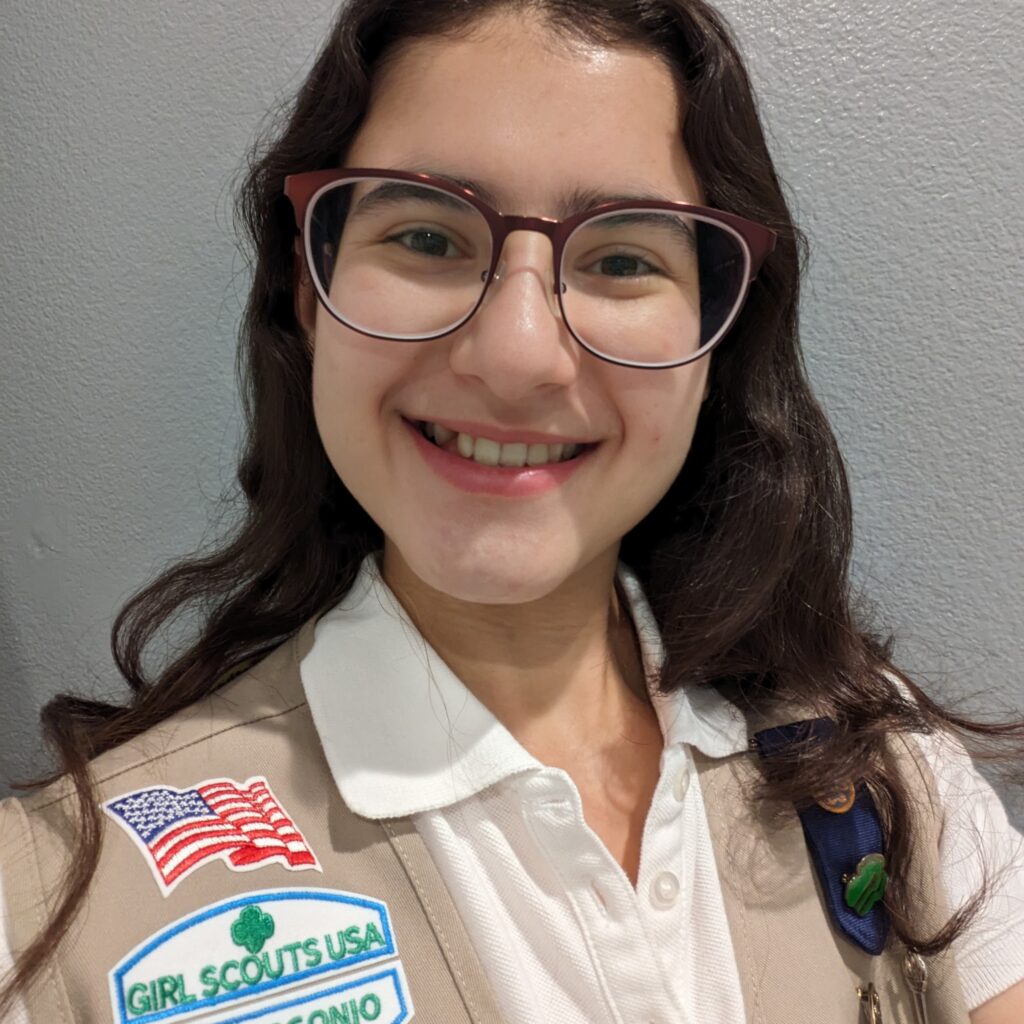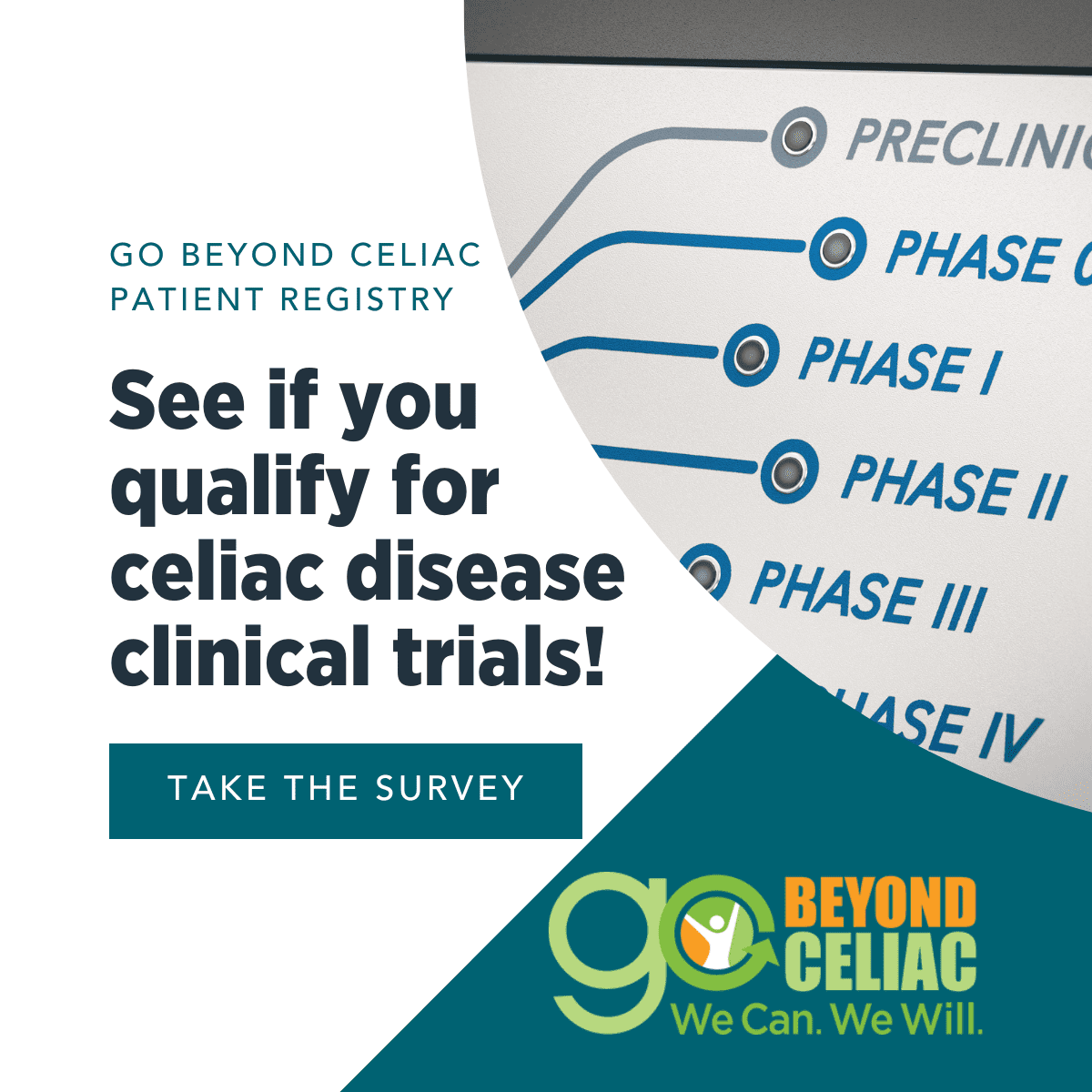Describe your life prior to diagnosis.
Since I could remember, I was constantly in pain. Eating was unenjoyable to me, especially since it always sent me to my bed or the bathroom in tears. I had trouble sleeping because the pain would be so bad that not even pain medication could help.
Nobody seemed to know what was wrong. My parents had me tested for several things, but not even my doctors could figure out the cause of my symptoms.
How did you find out that you had celiac disease? Did you suspect it beforehand?
During the COVID-19 pandemic, when I was 16, I decided to log every food I ate and the symptoms I experienced after. At the least, I figured I would find a food allergy or intolerance I didn’t know I had that would explain my consistent pain.
Once I had logged all my meals and symptoms for two weeks and compared the results, there seemed to be a correlation between my symptoms and wheat, and further, gluten. I mentioned my discovery to my doctor and asked to be tested for a wheat allergy or celiac disease. When we got the blood test results back, I did not test positive for a wheat allergy, but I did test positive for celiac disease.
How long did it take for you to get diagnosed since your first symptoms and what (if any) challenges did you face along the way?
I have been having symptoms since I was young. My family always had a feeling that something was wrong with me, but there seemed to be no explanation. Whenever I had symptoms, I would typically do my best to ignore the pain, but sometimes it was too much to bear. I often took pain medicine to help manage my symptoms. I unconsciously avoided certain foods and gravitated towards others. I developed some taste aversions to many popular foods, like cake, breads, pizza, and pasta. When I was younger, I would never eat the bread from my sandwiches and always choose ice cream over cake.
In attempts to help me, my mom had me avoid dairy and reduce my sugar intake, believing I had lactose intolerance and an allergy to artificial flavoring. I was always much shorter and underweight compared to my peers, but I always believed that was genetics, because my family is shorter than average. I also began puberty at a very late age, which I highly suspect was caused by my celiac disease, but in the moment, having my period late made me worry excessively, perhaps becoming the catalyst that made me determined to discover what was causing my strange symptoms.
Do you believe anything could have sped up your diagnosis? If so, please explain:
If the doctors I went to were more informed on the symptoms of my autoimmune disease, I believe that I would have gotten diagnosed a lot sooner and would not have suffered for as long as I did. If people as a society were more informed of symptoms of gluten problems, I, and many others, would have likely been diagnosed much sooner, because we would have the knowledge of this and would be more likely to test for it.
Describe your experience living with celiac disease:
Once I discovered that the cause of my pain was celiac disease, it was a relief, but also jarring. While I have gotten somewhat used to communicating and quickly educating people on celiac disease every time food is mentioned, it is always a struggle.
At first, it was a shocking revelation. I knew that no matter what, I wanted to do what was healthier, but it was very difficult finding foods that were safe for me to eat and accepting a completely new lifestyle. While it is still difficult today, I have learned to accept my diagnosis for what it is, and have accurately educated myself on what I can and cannot eat. I even have a safe, shared gluten and gluten-free kitchen at home and have gotten myself used to cooking gluten-free meals.
Stumbling across my diagnosis of celiac disease, I was able to get one of my younger sisters diagnosed at the age of three, relieving her from further pain. I was proud to have been the reason my sister got diagnosed so early and it made me feel less alone at the beginning of my diagnosis; however, sometimes I feel bad that she received the gene for celiac disease as well, especially when she has to grow up without having the pleasure of eating common childhood favorite foods. At the same time, I am glad that we are in this together, especially since it has only increased our sisterly bond as the only gluten-free children in our family.
What would a cure mean for you?
If there was ever a cure, I would be beyond elated. It would be an amazing dream for every person struggling with gluten problems to be cured and be able to eat the foods they once loved without pain. However, until that day comes, we need to learn to accept ourselves as we are and find communities that support us and bring out the best in us.
Is there anything else you’d like to add to your story?
I am currently a Girl Scout Ambassador who is working on earning my Girl Scout Gold Award, the highest award a girl scout can earn. In order to earn this award, I created an Instagram page where I plan to spread awareness about gluten-related problems, like wheat allergies, celiac disease, and non-celiac gluten sensitivity, and create a welcoming community for all teenagers diagnosed with these problems.
Visit Sydnie’s account at @gluten_is_the_frenemy




